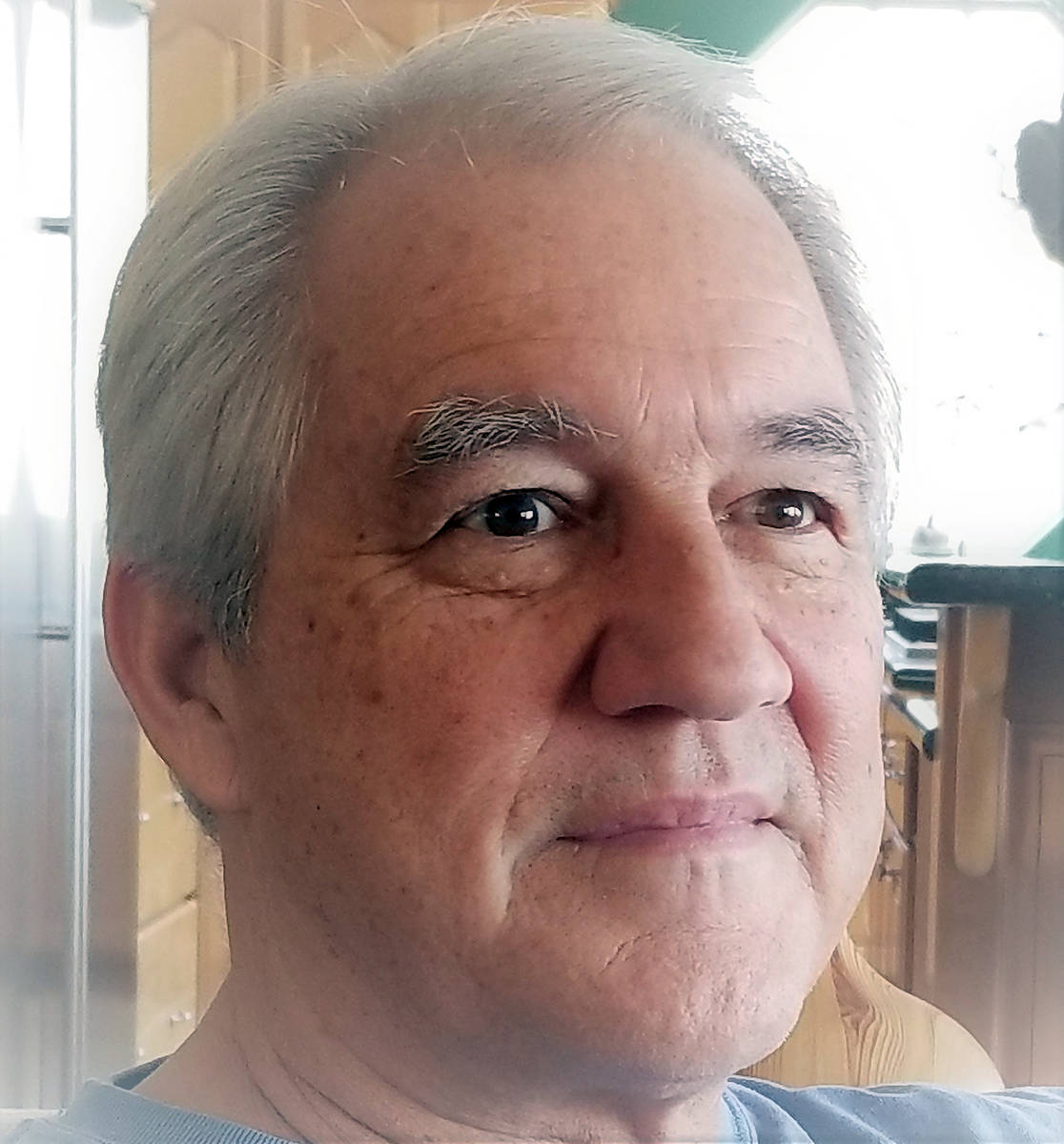Water’s low cost makes it expendable
Water is essential to life. Humans and every living species can go without many things but not without water; yet many take water for granted. We water our lawns, fill our swimming pools, wash our cars, take long showers, hose down our driveways and rarely even think about the costs involved. Why? Because water is too convenient and, most importantly, inexpensive.
In 1980, the population of Las Vegas, California, and Arizona combined was 27.5 million. Today, these same areas are now 47.5 million, nearly double. Individually, each person, on average, consumes 80-100 gallons of water per day or 3,000 gallons per month. In 1980, the yearly consumption per person in these three areas would be 36,000 gallons or 990 billion gallons for the entire populous. Using the same math for today’s population numbers, it would be 1.7 trillion gallons, double the consumption of 1980.
Where does all of that water come from? The majority comes from the Colorado River system. Does the river itself produce water? No. It comes from the snow pack of the Colorado Rockies, along with rain events and a small number of tributaries within the Colorado River basin.
According to the U.S. Geological Survey fact sheet published in August 2004, the volume of water flow since the late 1800s has decreased at a linear rate of 15 percent. In other words, it isn’t increasing; it is falling while our demand is increasing.
The population in Las Vegas, in particular, has nearly doubled since 1980, and we are doing very little to find other sources for this life-sustaining necessity. It is no wonder that two of our largest reservoirs, Lake Powell and Lake Mead, are slowly running out of water. These reservoirs are doing precisely what they were designed to do.
However, we are taking more from them than is going into them. The town of St. George, Utah, wants a share of the water with a proposal to build a pipeline from Lake Powell to its city proper. Does this make sense when the river is already taxed beyond its capabilities?
A recent story in the Las Vegas Review-Journal outlined a proposal to pay Southern California farms not to plant crops, thus reducing the amount of water needed from Lake Mead. Really? How will this impact our food supply? Have they forgotten that for every action there is a reaction? With a reduction of supply, will this mean that we will pay more for our fruits and vegetables?
What does water cost? Typically, 1,000 gallons of water costs the consumer an average of $1.50 to $2. Sounds cheap, doesn’t it? Consider what we pay for, what may appear inexpensive - bottled water. Albertsons sells two 24-bottle packs for $5, that’s approximately 6 gallons for five bucks. That same $5 would buy 3,000 gallons of tap water.
If we are willing to pay an excessive amount for bottled water, why can’t we spend a little more on tap water? This “water tax,” if you want to call it that, would go directly into a fund that would finance the building and operation of desalination plants along our West Coast, which would assist in replenishing the underground aquifers in California.
This fund could also invest in a pipeline from the Mississippi or Great Lakes regions to the Rockies. The additional water would maintain the Colorado River system to the required flow levels needed for continued growth.
Sure, we can continue our conservation programs, but the general population will continue to take water for granted until it becomes more expensive.
The opinions expressed above belong solely to the author and do not represent the views of the Boulder City Review. They have been edited solely for grammar, spelling and style, and have not been checked for accuracy of the viewpoints.
G. Kevin Savord is currently a professional pilot and former small business owner. He can be reached at gksavord@gmail.com.




